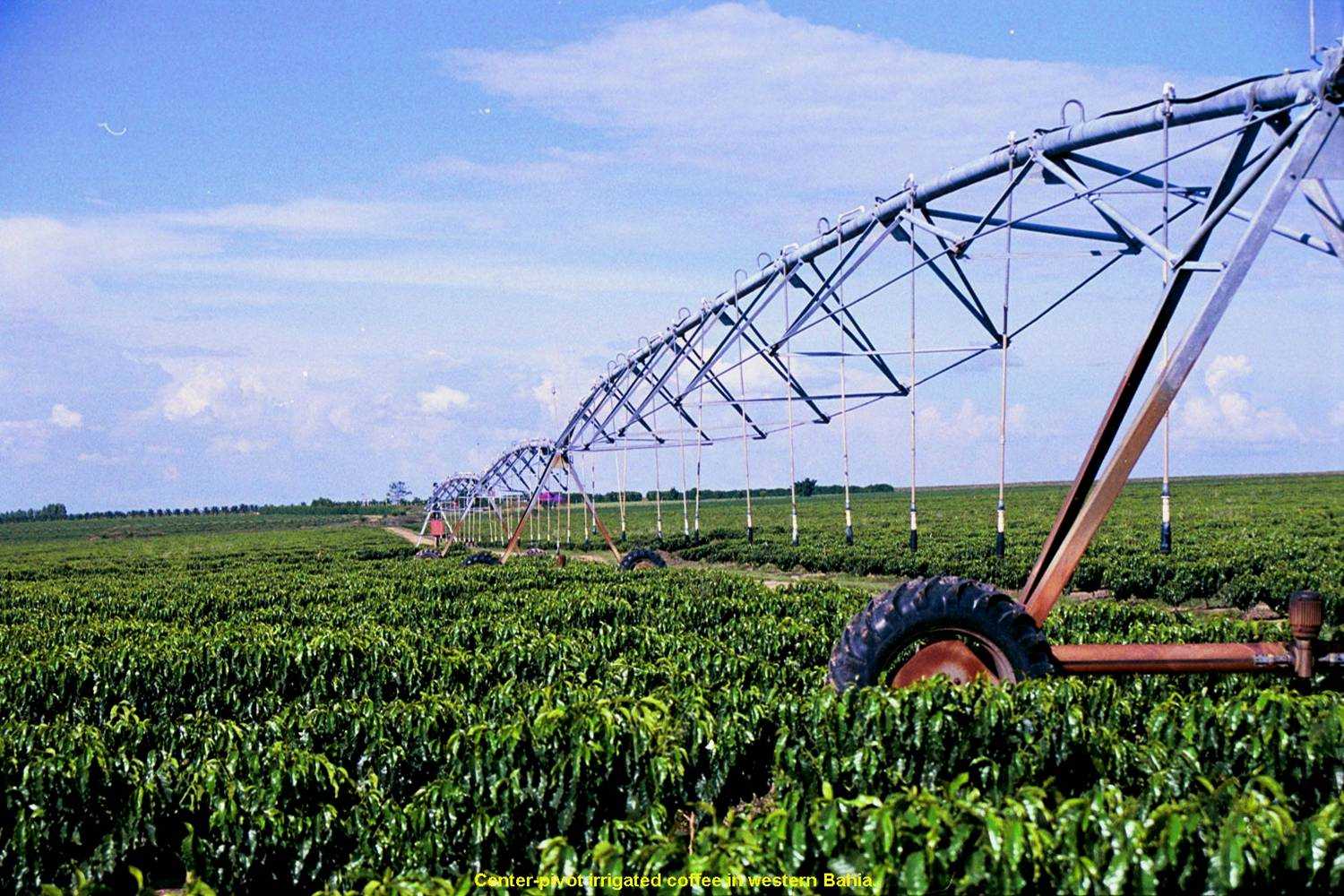SAO PAULO, Brazil – The domestic quotes of Arabica coffee recovered in the first fortnight of October, after having dropped for nearly three months. On October 15, the CEPEA/ESALQ Index for arabica coffee closed at 449.66 BRL (120.36 USD) per bag, a staggering 9.2% up compared to that on September 30.
Arabica price rises in Brazil were mainly linked to the valuation of this variety in the international market, which, in turn, was boosted by dollar drops against Real, among other reasons. With the recent price rises, purchasers and sellers returned to the Brazilian spot market. Thus, many deals were closed in that period, mainly involving higher quality arabica.
Until early October, the amount of coffee from the 2018/19 crop already traded was near 45% of the output, considering all the regions surveyed by Cepea – northwestern Paraná has traded the largest volume among the regions: 50%. Regarding the 2017/18 season, agents have reported that farmers have less than 10% of beans available.
Robusta
Robusta quotes increased in the first fortnight of October too, boosted by the international price rises for this variety.
The CEPEA/ESALQ Index for the robusta type 6, screen 13, Espírito Santo State, closed at 334.84 BRL (89.62 USD) per 60-kilo bag on October 15, 5.27% up in the same comparison.
As for the robusta volume traded in Espírito Santo, farmers have sold from 50 to 60% of the 2018/19 crop. In Rondônia, from 80 to 90% have been sold.
Field
Good rain volumes in Brazilian arabica-producing regions helped flower settlement and favored a new blossoming in the first fortnight of October. By October 11, flowers had opened in 80 – 90% of the arabica crops from the Mogiana (SP), Cerrado (MG) and Southern Minas Gerais.
Fruitlets can also be observed in some areas. As crops are at different development stages, the agents consulted by Cepea believe maturation may not be homogeneous next year.
In Espírito Santo and Rondônia States, the weather in the first two weeks of October was favorable too, with sparse rains helping flower and fruitlet settlement in robusta crops.
Exports
Brazilian coffee exports decreased from August to September, according to data from Cecafé (Coffee Exporters Council). The amount of green coffee (arabica and robusta) shipped in September totaled 2.78 million 60-kilo bags, 13.3% less than in August, but 27.1% more than in September/17.
According to Cecafé, problems related to the lack of containers and room on ships limited exports during the month – Brazil could have shipped from 10 to 15% more. Logistic issues were reported by Cepea collaborators, who claimed that deliveries were late.


















